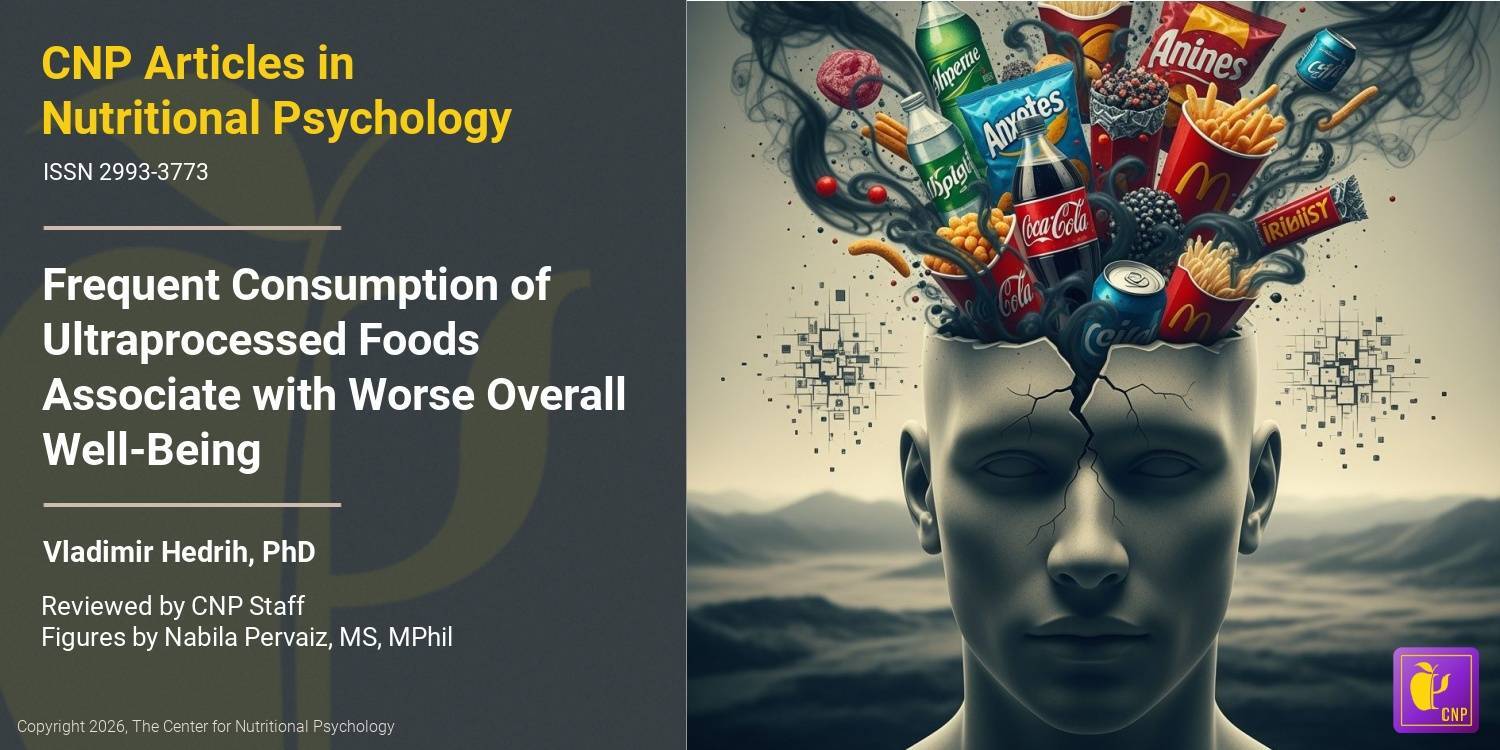Ultra-processed foods and binge eating: A retrospective observational study
The aim of this 2021 study was to inspect the link between ultra-processed food and disordered eating, by using the recently introduced NOVA classification to assess the level of industrial food processing in the patients’ diet. Set in a specialist eating disorder service, Ayton et al. (2020) were able to randomly select data from the service database in Oxford of patients with a Diagnostic and Statistical Manual of Mental Disorders (fifth edition) diagnosis of either anorexia nervosa (AN), bulimia nervosa (BN), or binge eating disorder (BED). The eating frequencies of ultra-processed foods at each mealtime and during episodes of binging were then examined for each diagnosis. There were a total of 73 patients (70 female:3 male) included in this study, with 22 diagnosed with AN, 25 with BN, and 26 with BED. Patients with anorexia nervosa were reported to consume 55% NOVA-4 foods, while 70% of BN and BED patients’ diets were found to consist of NOVA-4 foods. These results have persuaded the researchers that further studies on the metabolic and neurobiological effects of eating ultra-processed foods on disordered eating are required, especially on binge eating. [NPID: craving, processed food, disordered eating, eating disorders, NOVA, anorexia, bulimia, binge eating]
Year: 2021

 Navigation
Navigation






